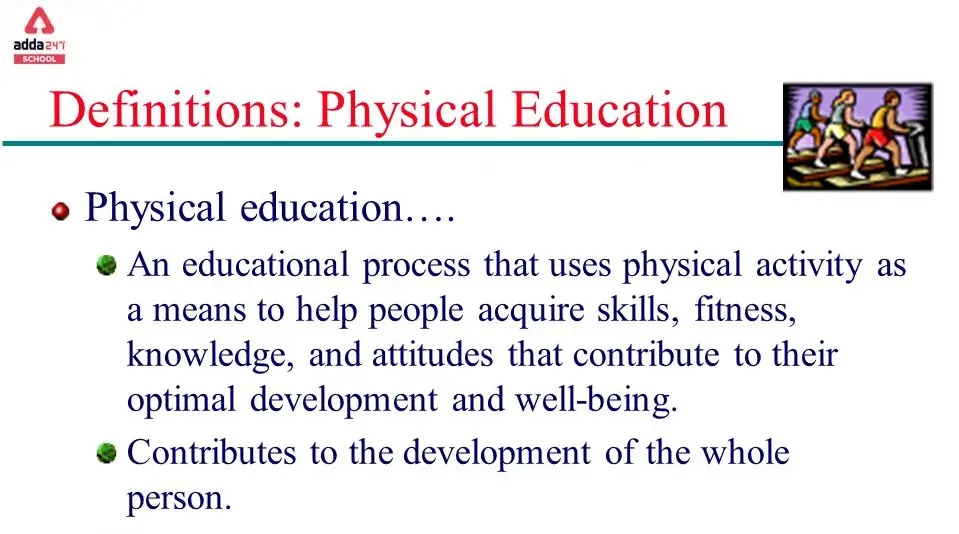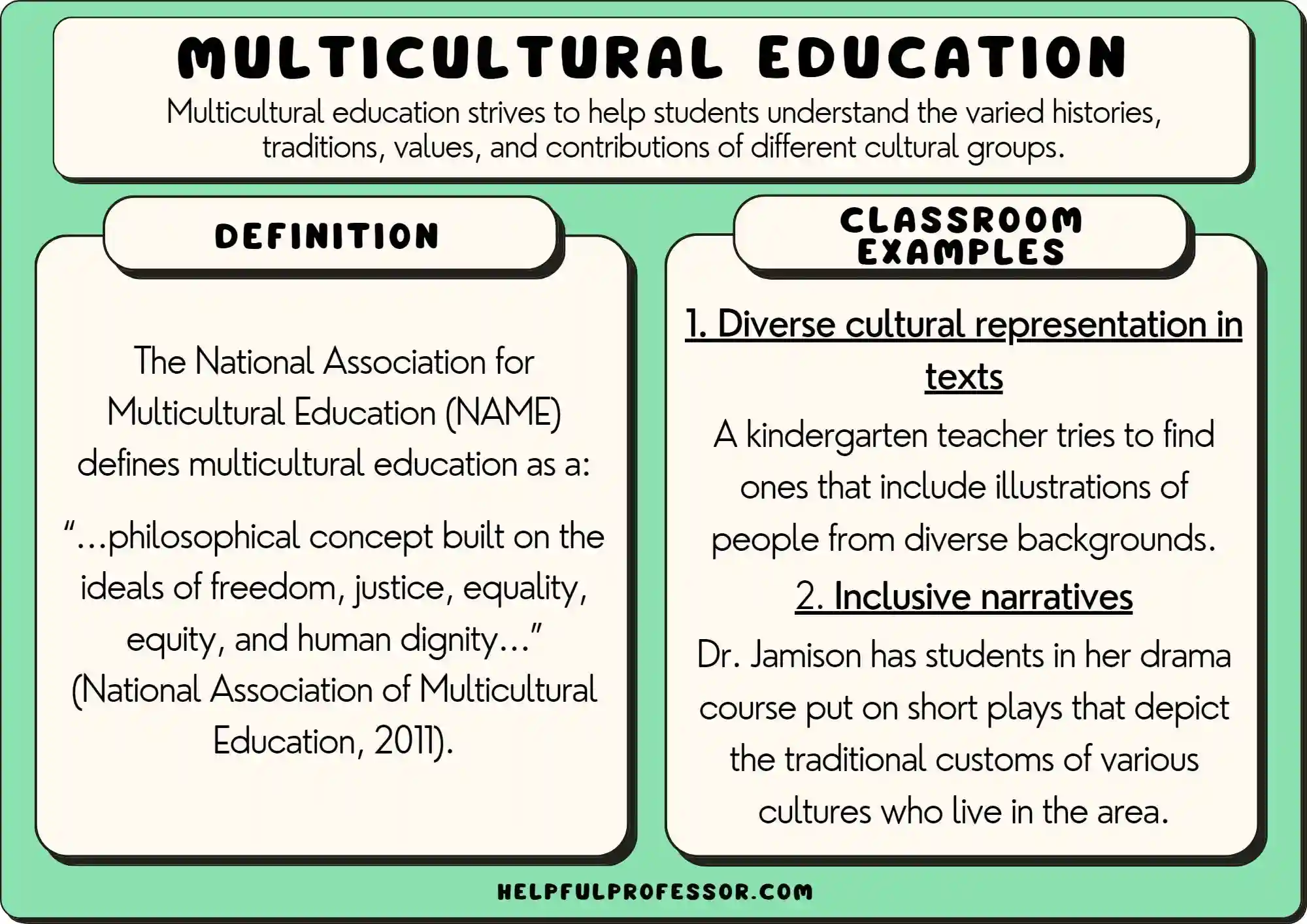What Is Continuing Education?
Mia Wilson

Photo: What Is Continuing Education?
What Is Continuing Education? A Comprehensive Guide to Lifelong Learning
In an ever-changing world driven by technological advances and evolving industry standards, continuing education has become a cornerstone of professional and personal development. Whether you're seeking to advance your career, acquire new skills, or stay updated with current trends, continuing education offers a structured pathway to lifelong learning. In this article, we'll delve into what continuing education is, its significance, benefits, various types, and how to get started.
What Is Continuing Education?
Continuing education refers to formal and informal learning activities pursued after an individual has completed their initial education, such as high school or college. Unlike traditional education, which typically ends after obtaining a diploma or degree, continuing education is an ongoing process aimed at enhancing personal and professional skills. It can take many forms, including workshops, certification programs, online courses, or even self-directed study.
The primary goal of continuing education is to promote lifelong learning and help individuals stay competitive in a rapidly changing job market. From healthcare to information technology, many industries require professionals to keep their skills up-to-date through continuing education programs.
The Importance of Continuing Education
Continuing education is essential for several reasons. In today's dynamic environment, industries constantly evolve, and new technologies emerge regularly. Professionals who engage in continuing education not only enhance their knowledge but also improve their job performance and marketability.
Here are some key reasons why continuing education matters:
1. Career Advancement
Many employers value employees who demonstrate a commitment to ongoing learning. Engaging in continuing education can help you qualify for promotions, salary increases, and leadership roles. For example, earning a professional certification in project management or digital marketing can open doors to higher-level positions.
2. Skill Enhancement
Continuing education allows individuals to develop new skills or refine existing ones. In fields like healthcare, finance, and technology, where innovation is constant, staying informed about the latest developments is crucial. For instance, IT professionals often pursue certifications in emerging areas such as cloud computing and cybersecurity to remain relevant.
3. Personal Growth
Beyond professional benefits, continuing education contributes to personal development. Learning new subjects or acquiring fresh perspectives can boost confidence, improve critical thinking, and enhance problem-solving skills. Whether it’s learning a new language, mastering a musical instrument, or studying philosophy, personal enrichment through education is invaluable.
4. Industry Compliance
In some professions, continuing education is mandatory to maintain licensure or certification. For example, healthcare workers, lawyers, and financial advisors often have to complete a specific number of continuing education hours annually to remain licensed and practice legally.
Types of Continuing Education
Continuing education encompasses a wide range of learning opportunities. Below are some of the most common types:
1. Professional Certifications
Certifications are industry-recognized credentials that validate an individual's expertise in a specific field. They are highly valued by employers and often lead to better job prospects. Examples include PMP (Project Management Professional) and CPA (Certified Public Accountant) certifications.
2. Workshops and Seminars
These short-term learning experiences typically focus on specific topics or skills. Workshops and seminars are ideal for professionals who want to quickly gain insights into industry trends or best practices without committing to a long-term program.
3. Online Courses and MOOCs
Massive Open Online Courses (MOOCs) and other online learning platforms, such as Coursera, Udemy, and LinkedIn Learning, have made continuing education accessible to millions. These platforms offer flexible, affordable courses on a variety of subjects, from programming to creative writing.
4. Degree Programs
Some professionals opt to return to school for an advanced degree, such as a master's or doctoral degree. While this type of continuing education requires a significant investment of time and money, it can lead to substantial career advancement and personal fulfillment.
5. Self-Directed Learning
Not all continuing education takes place in formal settings. Self-directed learning, through reading books, watching educational videos, or participating in online communities, is another effective way to acquire knowledge and skills.
How to Get Started with Continuing Education
Embarking on a continuing education journey requires careful planning. Here are some steps to help you get started:
1. Identify Your Goals
Before choosing a continuing education program, it's important to define your objectives. Are you looking to advance in your current career, switch fields, or simply explore a new hobby? Clear goals will help you select the most suitable courses or programs.
2. Explore Available Options
Research the various types of continuing education opportunities available in your field of interest. Consider factors such as program duration, cost, accreditation, and learning format (online vs. in-person).
3. Assess Your Resources
Continuing education can be a significant investment, so it's essential to evaluate your budget and time availability. Many employers offer tuition reimbursement or professional development allowances, which can help offset costs.
4. Commit to Lifelong Learning
To truly benefit from continuing education, adopt a mindset of lifelong learning. Stay curious, seek feedback, and be open to new ideas. The more proactive you are in pursuing knowledge, the more rewarding your learning journey will be.
Benefits of Lifelong Learning in a Digital Age
In today’s digital era, the concept of lifelong learning has gained even more significance. With information readily available at our fingertips, staying informed and continuously acquiring new skills has never been easier or more important. Here are some specific advantages of lifelong learning in the digital age:
- Increased Adaptability: Rapid technological changes demand professionals who can adapt quickly. Lifelong learning equips individuals with the ability to navigate new tools and systems.
- Enhanced Creativity: Exposure to diverse topics and ideas fosters creativity and innovation, both of which are highly valued in the modern workplace.
- Broader Perspectives: Engaging in diverse learning experiences broadens one’s perspective, promoting empathy and better communication skills.
Conclusion
Continuing education is more than just a way to stay professionally relevant it’s a lifelong commitment to personal and intellectual growth. Whether you're advancing in your career, exploring a new interest, or fulfilling industry requirements, continuing education offers countless benefits. With so many options available today, there has never been a better time to invest in your learning journey.
By embracing continuing education, you not only enhance your skills and knowledge but also position yourself as a valuable asset in a rapidly evolving world. So, take that first step explore your options, set clear goals, and embark on a fulfilling path of lifelong learning.
For You
View AllExplore the surprising benefits of sun exposure for your health and well-being. Embrace the sunshine today!
Mia Wilson
Discover how prolonged sitting affects your health and what you can do to stay active. Improve your well-being now!
Mia Wilson
Explore the ultimate guide to top adventure destinations globally. Uncover thrilling activities and tips for an unforgettable journey!
Mia Wilson
Discover the importance of physical education, its benefits, and why it's crucial for overall development. Learn more now!
Mia Wilson
Dive into the process of restoring classic cars from rust to shine. Learn expert tips to bring vintage cars back to life!
Mia Wilson
Dive into multicultural education and how it promotes diversity, inclusion, and equity in classrooms. Learn now!
Mia Wilson
Health

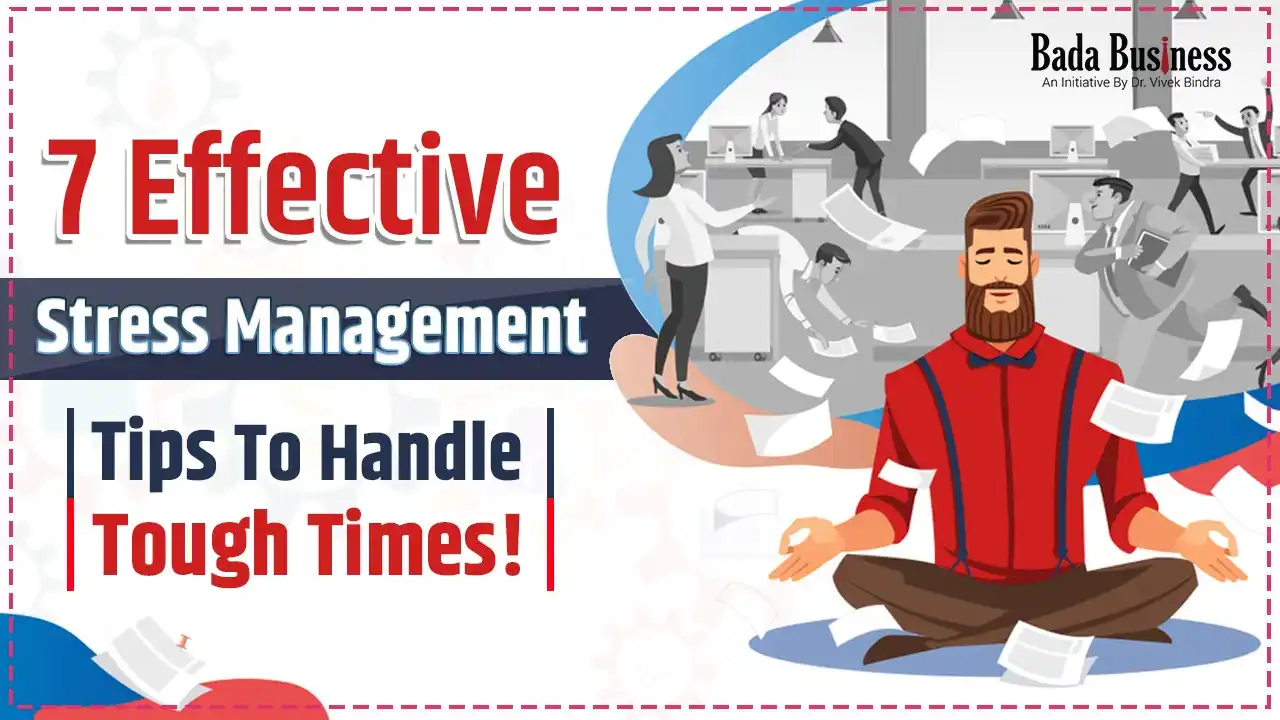
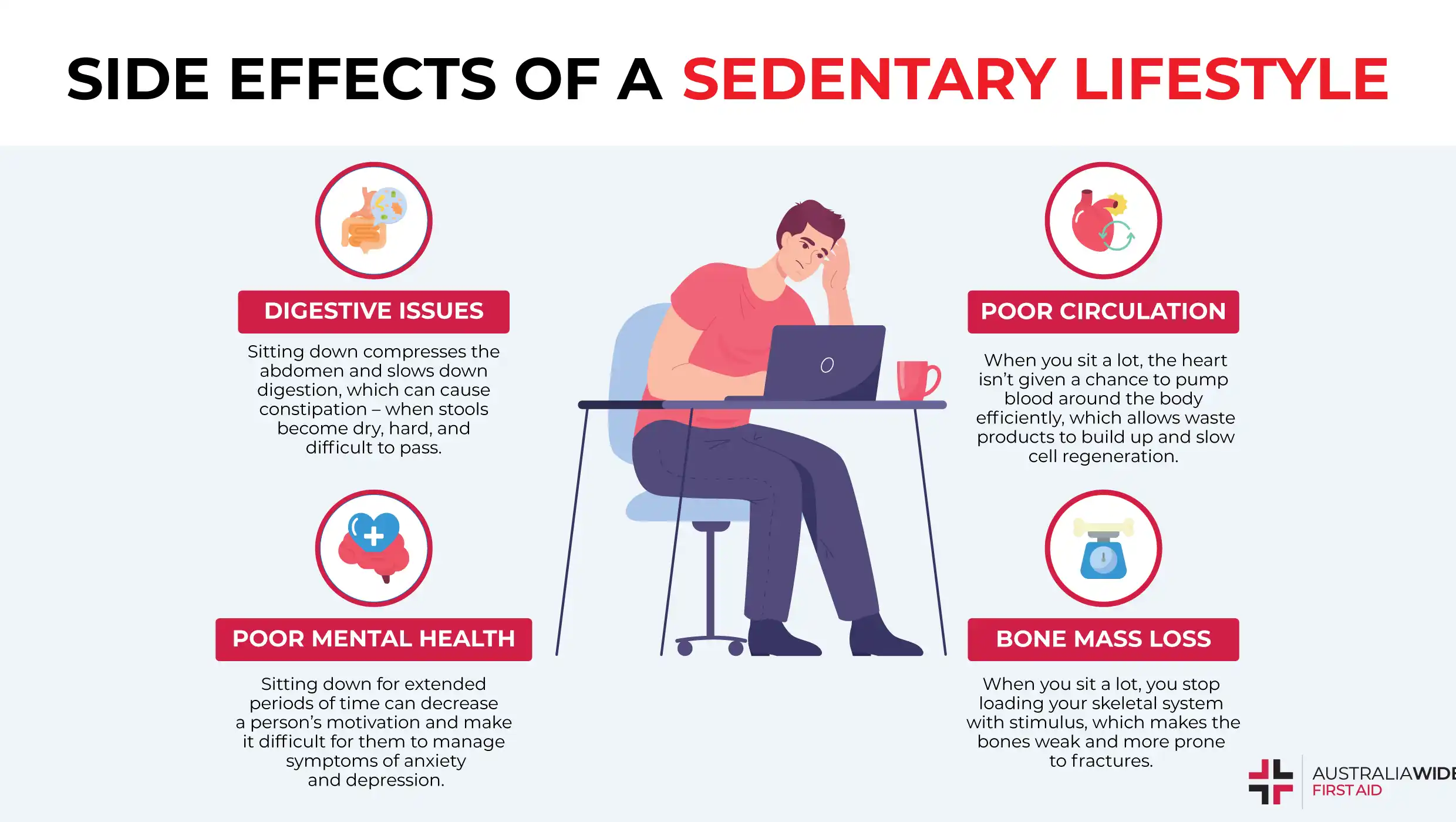




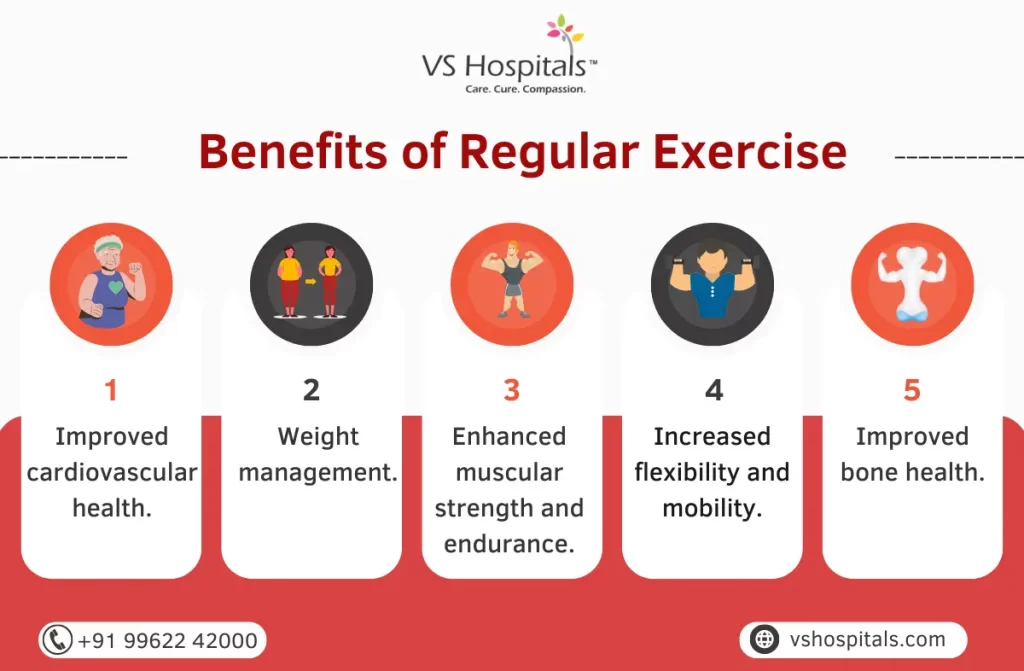

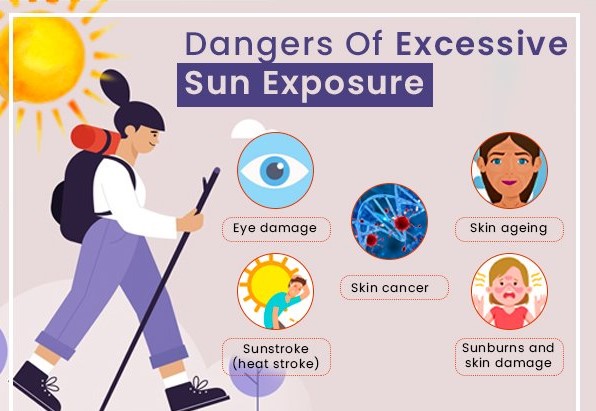
Education
View All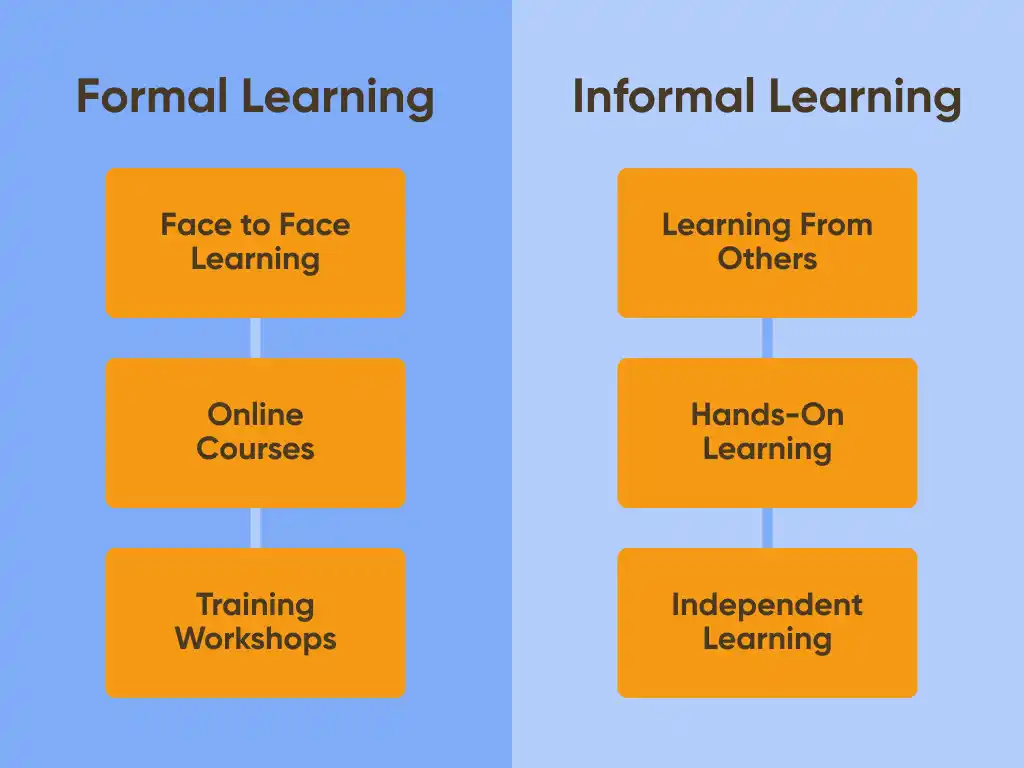
May 18, 2025
What Is Formal Education?
Learn about formal education, its structured approach, and its role in lifelong learning. Get insights today!

April 27, 2025
How to Become a Special Education Teacher
Explore the steps to becoming a special education teacher and making a difference in students’ lives. Start today!

May 10, 2025
How to Become a Diabetes Educator
Learn the steps to becoming a certified diabetes educator and making a meaningful difference in patients’ lives. Start today!


